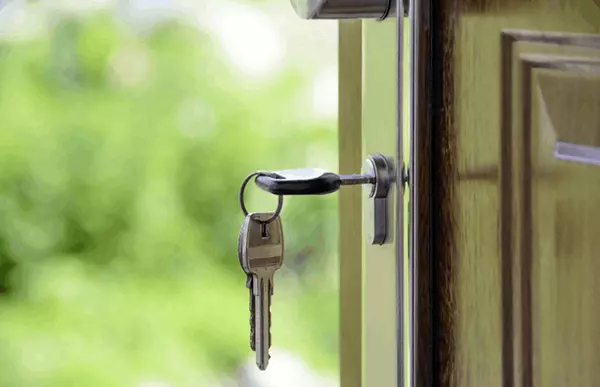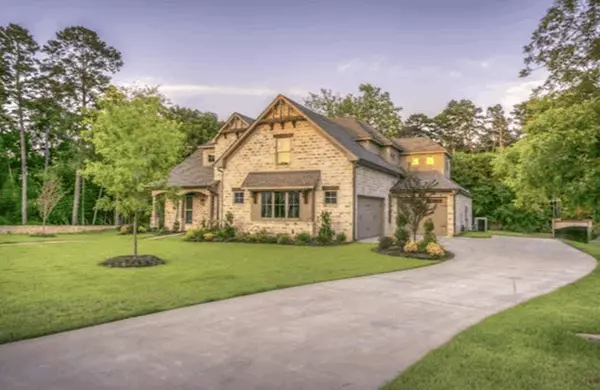Simple Ways to Research a Neighborhood Before Buying a House and Moving
Venturing on the expedition of buying a house requires careful preparation, and the key to these steps is to research a neighborhood before buying a house. This foundational task shapes your living experience, making your move a pivotal decision. Our article sheds light on straightforward and practical strategies for neighborhood research. It guides you through vital considerations such as safety, amenities, and community vibes, ensuring your new home aligns with your lifestyle and needs. So, let's navigate these critical aspects together, simplifying your path to a well-chosen home.
Understanding the Ways to Research a Neighborhood Before Buying a House and Moving
When starting to research a neighborhood before buying a house, it's important to evaluate several key factors of any neighborhood. Safety is key. After all, you'll want to feel secure in your new environment. So, check local crime statistics and observe the general safety measures in the area, like street lighting and neighborhood watch presence. Amenities also play a significant role; consider the availability of grocery stores, hospitals, and parks. Transportation links are vital, especially if you rely on public transit or commute significantly. Schools should be a priority for those with children - research their reputations and performance. Finally, the local community's atmosphere can greatly influence your living experience. Thus, you should look into community activities, social clubs, and the general neighborliness of the area.
Utilizing Online Tools and Resources
In the internet age, researching a neighborhood from a distance, especially during long-distance house hunting, has become easier than ever. Specifically, you can use online tools and resources to gather information about crime rates, school rankings, and property values. Websites like Zillow and Realtor.com offer detailed property data and neighborhood insights. For school information, GreatSchools.org provides comprehensive rankings and reviews. For a deeper dive into safety, CrimeReports and the National Sex Offender Public Website are invaluable resources. Remember, these tools provide a wealth of information, making your initial neighborhood research more efficient and effective.
The Value of In-Person Visits
While online research is beneficial, there's no substitute for an in-person neighborhood visit. It gives you a feel for the local atmosphere that can't be captured digitally. Pay attention to the general upkeep of the area - are the streets clean, and are the homes well-maintained? Listen for noise levels, especially during different times of the day, as this might affect your comfort. Observe the traffic patterns and parking availability, especially if you own a vehicle. Also, visit at different times - what seems like a quiet area during the day may be more active in the evenings or weekends.
Connecting with Local Residents
Talking to residents can provide insights that you won't find online. They can share their experiences and perceptions of living in the area. Ask about the community vibe - is it friendly, welcoming, or more private and reserved? Inquire about local issues, such as planned construction or common concerns among residents. Engaging with locals can also give you a sense of the community's culture and the activities that bring people together. This firsthand information can be invaluable in helping you decide if a neighborhood feels like the right fit for you.
Analyzing Property Value Trends
Understanding property value trends in your prospective neighborhood is crucial for a sound investment. Research the history of property values in the area to identify any patterns of growth or decline. Tools like Zillow’s Zestimate and historical sale prices can provide a snapshot of the market trends. Consider the potential for future development in the area, which can affect property values. This analysis helps make a wise purchase decision and forecasts the potential return on investment if you plan to sell in the future.
Investigating Schools and Education
When selecting a neighborhood, the quality of local schools is paramount for families. To assess schools and education, visit education-focused websites like GreatSchools.org, which offer comprehensive school rankings and performance data. Pay attention to both academic achievements and extracurricular offerings. In addition, visiting schools in person can give you a sense of the environment and ethos. Engage with teachers and parents to understand their experiences. Remember, a strong school district benefits your child's education and can positively impact property values.
Assessing Commute and Transportation Options
Commute times and public transportation options are crucial for balancing work and daily life. Research the accessibility of major highways, public transit routes, and their frequencies. Websites and apps like Google Maps can provide realistic commute times to your workplace. Also, consider the availability of alternative transportation options like bike paths or car-sharing services. A well-connected neighborhood can significantly reduce daily stress and positively affect your lifestyle.
Exploring Amenities and Lifestyle Options
Local amenities greatly influence your lifestyle and day-to-day convenience. Investigate the availability of parks, restaurants, shopping centers, and other recreational facilities. These amenities should align with your lifestyle preferences and needs. For instance, easy access to parks is a boon for outdoor enthusiasts, while a vibrant restaurant scene may appeal to food lovers. Also, when considering temporary housing options when moving, explore the proximity of these amenities to ensure a smooth and enjoyable relocation.
Furthermore, while researching local amenities, you should also research moving companies. That is particularly important if you’re moving from Virginia to Texas, for example. After all, this will require a lot of planning, and it’s very hard to do it all on your own. However, if you relocate with adequate assistance from interstate movers, you’ll have access to everything from packing and storage to heavy lifting and transportation of your belongings. Still, it’s important to research and read online reviews to find the right team.
Safety and Crime Statistics
Safety is a top priority for any prospective homeowner. To gauge the safety of a neighborhood, look into crime statistics and safety information available on websites like CrimeReports or local police department sites. Neighborhood forums and community meetings can also provide real-time insights into safety concerns. A safe neighborhood ensures peace of mind, contributes to a higher quality of life, and can impact property values.
Final Words
In conclusion, the decision to buy a house demands careful and comprehensive research of the prospective neighborhood. When considering factors like safety, schools, amenities, and local community vibes, you can ensure a choice that aligns with your lifestyle and needs. Utilize both online resources and in-person visits for a well-rounded view. Don’t forget that investing time to research a neighborhood before buying a house is not just about finding a place to live. It's about discovering a community where you can thrive and build your future.
KW: research a neighborhood before buying a house
Meta Description: Discover how to research a neighborhood before buying a house with our expert tips and practical guidance.
Categories
Recent Posts










GET MORE INFORMATION

Partner | Lic# 670981
